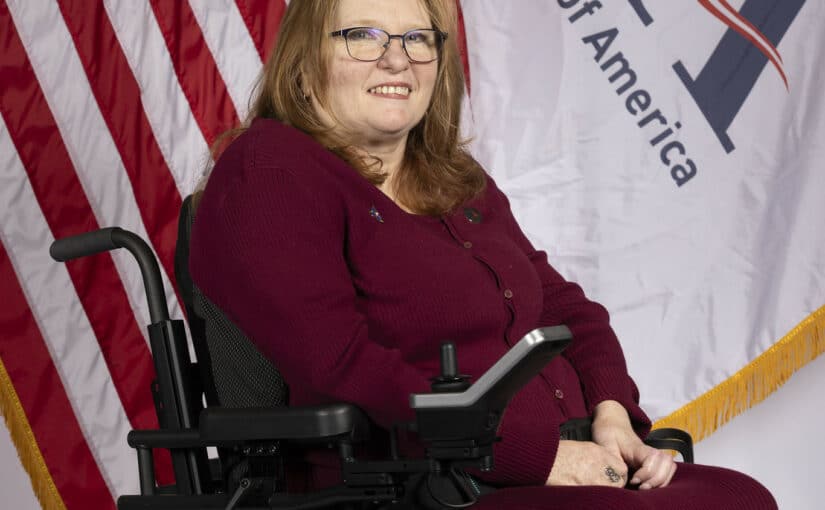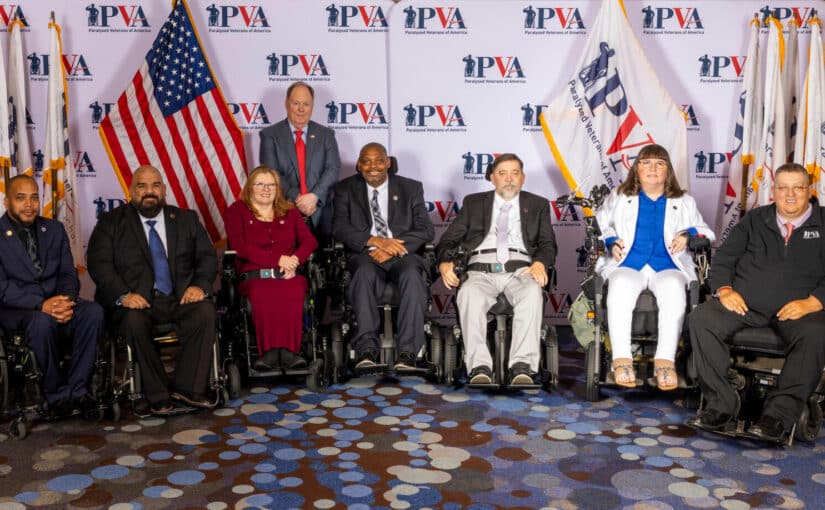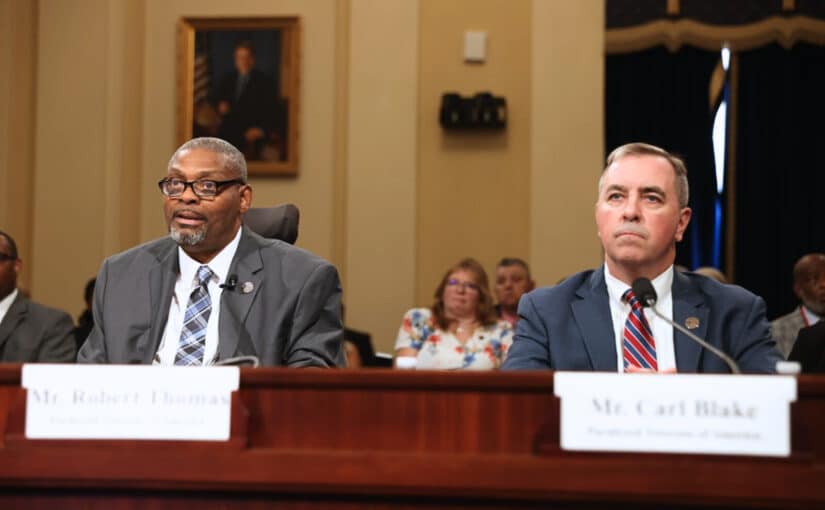Improve Benefits for Catastrophically Disabled Veterans
Paralyzed Veterans of Americans believes that it is time for Congress to make a concerted effort to improve benefits for the most severely disabled veterans, particularly with regards to the rates of Special Monthly Compensation (SMC) paid to severely disabled veterans.
As you may know, there is a well-established shortfall in the rates of SMC paid to the most severely disabled veterans that the VA serves. SMC represents payments for “quality of life” issues, such as the loss of an eye or limb, the inability to naturally control bowel and bladder function, the inability to achieve sexual satisfaction or the need to rely on others for the activities of daily life like bathing, or eating. To be clear, given the extreme nature of the disabilities incurred by most veterans in receipt of SMC, we do not believe that a veteran can be totally compensated for the impact on quality of life; however, SMC does at least offset some of the loss of quality of life.
Paralyzed Veterans believes that an increase in SMC benefits is essential for veterans with severe disabilities. Many severely injured veterans do not have the means to function independently and need intensive care on a daily basis. Many veterans spend more on daily home-based care than they are receiving in SMC benefits.
One of the most important SMC benefits to Paralyzed Veterans is Aid and Attendance (A&A). Paralyzed Veterans recommends that A&A benefits be appropriately increased. Attendant care is very expensive and often the A&A benefits provided to eligible veterans do not cover this cost. In fact, many Paralyzed Veterans members who pay for full-time attendant care incur costs that far exceed the amount they receive as SMC-Aid and Attendance beneficiaries at the R2 compensation level (the highest rate available).
Also, we believe Congress should consider expanding travel reimbursement benefits to non-service connected catastrophically disabled veterans. While we recognize that the VA may face tighter budgets in the future, and that this benefit could add a significant cost to the VA, we believe the short-term costs of expanding this benefit to this population of veterans would be far outweighed by the potentially greater long term health care costs for these veterans. Too often, catastrophically disabled veterans choose not to travel to VA medical centers for appointments and procedures due to significant costs associated with their travel. The result is often the development of far worse health conditions and a higher cost of care. By ensuring that catastrophically disabled veterans are able to travel to the best location to receive necessary care, their overall health care costs to the VA can be reduced.
Finally, we believe Congress should consider legislation to eliminate the provision in law that allows the Adaptive Automobile Assistance grant to be paid only once during a veterans lifetime. This is a benefit is one of the most significant provided to service-connected catastrophically disabled veterans who hope to achieve independence. More severely disabled veterans are working and have families. They rely on adapted vehicles to maximize these opportunities. Unfortunately, the life cycle of an adapted vehicle is short. Additionally, adapted vehicles are more expensive than non-adapted, placing an undue financial burden on those with the greatest needs. We believe Congress should authorize an additional adaptive automobile grant to assist this segment of the veteran population that has the greatest need.




